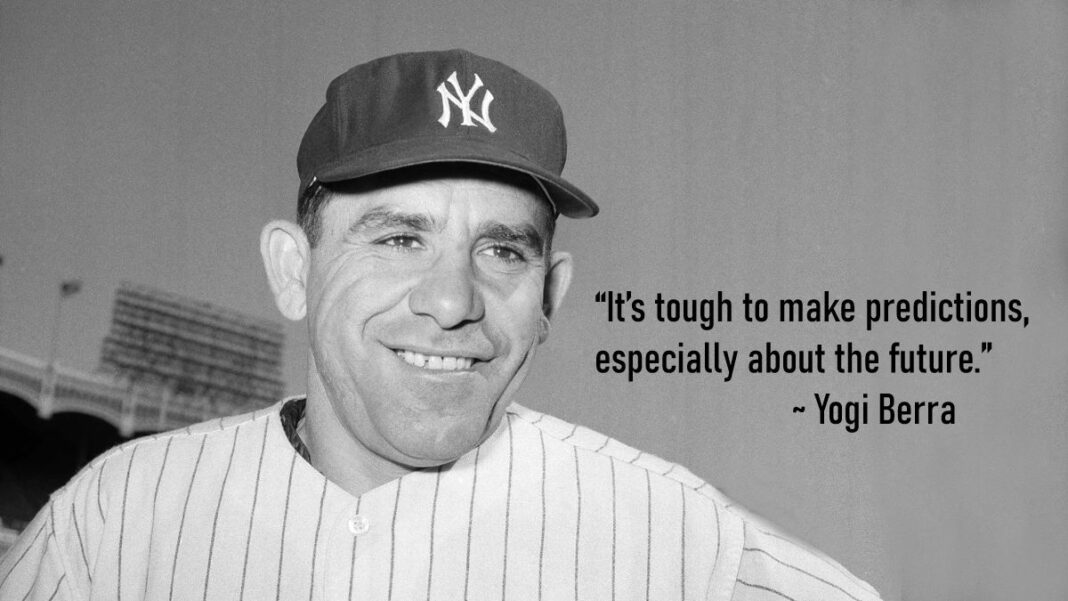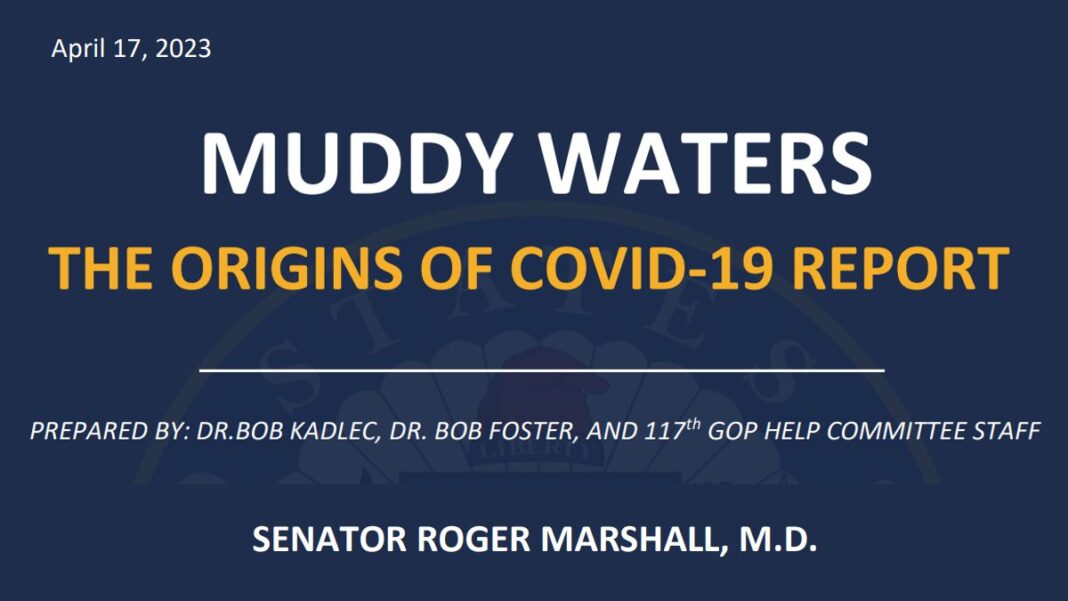A proverb often attributed to baseball legend Yogi Berra is, “It’s tough to make predictions, especially about the future.” And yet, the entire industry of politics is built around trying to do just that.
Fortunately, Republicans now have sophisticated data tools to help guide us in making extremely educated guesses about what is to come. But even when data points us in a clear direction, we sometimes don’t want to believe what we are seeing.
Case in point, many still believe an old theory that Republicans fare better in midterm elections when voter turnout is traditionally lower, and that Democrats fare better in presidential election years when voter turnout is traditionally higher.
Yet recent elections suggest a new trend is emerging, and we need to pay attention to it.
The great realignment of American politics, which began with the House of Representatives’ Republican freshman class in 2010 — and was boosted by the candidacy of Donald Trump in 2016 — has given us critical new data points about American voters. The tectonic polarization of the electorate along education, income and geographic lines isn’t just reshaping the parties, it is also reshaping voter turnout models.
The new, or perhaps still emerging Republican coalition has more blue-collar, non-college educated and rural voters — similar to the expansive coalition that former President Ronald Regan built in the 1980s. It has more voters who didn’t take part in many previous elections because they didn’t believe anyone cared about them or that their vote made a difference.
In fact, we now have enough election data to confidently say many of them are more likely to stay home in a midterm election and more likely to participate in a presidential election — upending decades of political science orthodoxy.
Further exacerbating this phenomenon is the Democratic Party’s move toward a much higher-income, White coastal voter base, and with it, a more left-wing progressivism that is alienating significant segments of Hispanic and Black voters.
The upshot is, to paraphrase Berra, when Republicans come to a fork in the road, they should take it. GOP candidates considering a run for political office in 2024 should not fear presidential turnout; they should embrace it.
By Mike Shields
Mike Shields is a former CNN political contributor, is the founder of Convergence Media and former Republican National Committee chief of staff.







